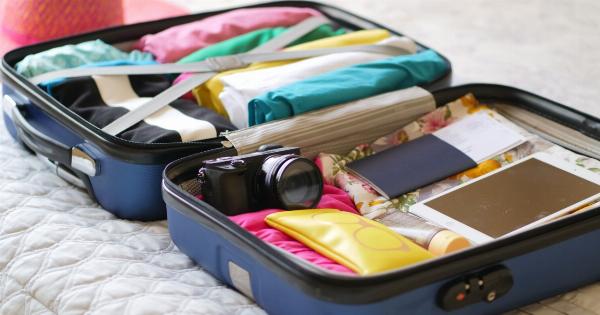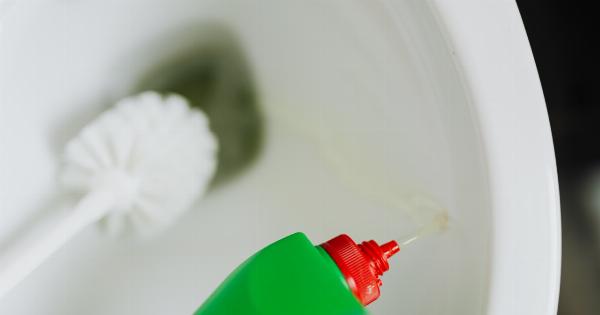When embarking on an expedition, whether it’s a mountaineering adventure or a deep sea exploration, having a comprehensive and well-stocked expedition pharmacy can be a matter of life and death.
In the vast expanses of the wilderness or the depths of the ocean, access to medical facilities is often limited, if not completely absent. It is in such situations that a properly equipped pharmacy can make all the difference. This article explores the significance of an expedition pharmacy and the essential items it should contain.
Planning for the Unknown: The Role of the Expedition Pharmacy
When venturing into uncharted territories, there are countless variables and risks that one must consider. From extreme weather conditions to potential accidents, being prepared for any eventuality is crucial.
The expedition pharmacy serves as a first aid kit, an emergency room, and a lifeline in the face of adversity. It is the ultimate resource for treating injuries, alleviating symptoms, and managing unexpected medical conditions in the absence of professional medical assistance.
Essential Items for the Expedition Pharmacy
The contents of an expedition pharmacy will vary depending on the nature of the expedition, the location, and the individual’s medical needs. However, there are several key items that should be included in any well-prepared pharmacy:.
1. First Aid Supplies
A well-stocked supply of bandages, adhesive tape, antiseptic wipes, and sterile gauze pads are fundamental for treating minor wounds and injuries. They can prevent infection and provide temporary relief until more advanced medical help is available.
2. Medications for Common Ailments
Basic medications such as pain relievers, anti-inflammatory drugs, and antihistamines should be included to help manage common ailments like headaches, fevers, allergies, and pain caused by musculoskeletal injuries.
3. Prescription Medications
For individuals with pre-existing medical conditions, it is essential to carry an adequate supply of their prescribed medications.
These may include insulin for diabetics, inhalers for asthmatics, or prescription antibiotics for those with a history of infections.
4. Emergency Medications
Epinephrine auto-injectors should be readily available in case of severe allergic reactions.
Additionally, medications for life-threatening conditions such as heart attacks, seizures, and anaphylactic shock should also be included, along with instructions for their administration.
5. Wound Care and Infection Prevention
Items like sterile sutures, medical gloves, antiseptics, and antibiotic ointments are crucial for treating more significant injuries, preventing infection, and assisting in wound closure when professional medical help is beyond reach.
6. Oral Rehydration Solutions
Dehydration is a common issue during expeditions, particularly in hot and arid environments. Including oral rehydration solutions can help treat mild to moderate dehydration and aid in the prevention of more serious complications.
7. Medical Tools and Equipment
It is imperative to carry essential medical tools such as thermometers, tweezers, scissors, and splints. These tools can assist in diagnosing and treating various medical conditions, as well as providing first aid for fractures and sprains.
8. Communication and Navigation Devices
In addition to medical supplies, expedition pharmacies should also include communication and navigation devices. These may include satellite phones, radios, or GPS systems to ensure contact with emergency services and to aid in evacuation if necessary.
9. Instructional Materials
Providing comprehensive instructions for administering medications, treating common injuries, and managing medical conditions should be an integral part of the expedition pharmacy.
These materials can empower expedition members with the knowledge and skills necessary to provide appropriate care in critical situations.
10. Personal Protective Equipment (PPE)
Finally, personal protective equipment such as gloves, masks, and eye protection should be included to protect expedition members from infection and contamination during medical procedures.
Conclusion: The Unwavering Importance of the Expedition Pharmacy
While an expedition may seem like a thrilling and adventurous endeavor, it is crucial not to underestimate the risks and challenges associated with venturing into the unknown.
The expedition pharmacy plays an irreplaceable role in ensuring the health and well-being of expedition members when professional medical help is not readily available. As with any other aspect of an expedition, thorough planning, attention to detail, and flexibility are key to building a comprehensive and indispensable expedition pharmacy.































